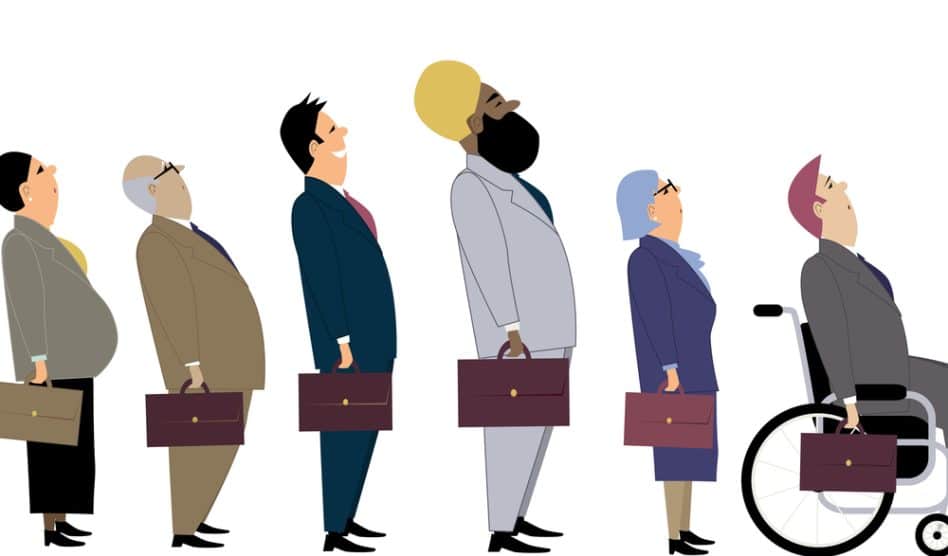Under Title VII of the Civil Rights Act, the Age Discrimination in Employment Act, and the Americans with Disabilities Act, harassment is a form of employment discrimination. Harassment is unwanted touching, name calling or badgering by your boss or coworkers.
Workplace Harassment Laws

Harassment is defined as unwelcome conduct that is based on race, color, religion, sex, nationality, age (40 or older), disability or genetic information. It becomes unlawful where dealing the offensive conduct becomes a condition of your continued employment, or the conduct is severe or persistent enough to create a work environment that a reasonable person would consider intimidating, hostile, or abusive.
What is Considered Verbal Harassment?
Verbal harassment is the use of abusive, offensive, hostile or derogatory language towards a coworker or an employee. These include making offensive jokes, slurs, mockery, bullying, intimidation and insults.
Verbal harassment can be a form of sexual harassment. For instance, when an employee makes sexually pervasive comments on another employee or repeated requests for a date.
Although verbal harassment does not cause physical damage, it causes emotional damage on the victim and creates a hostile working environment. Employees have a right to protection against verbal harassment in the workplace.

Preventing Harassment at Work
In NJ, an employer is liable for workplace harassment on a victim by another employee or supervisor. As such, the employer should take preventative measures to avoid instances of workplace harassment.
These include:
- Ensuring employees, supervisors and managers are well informed about anti-harassment
- Establishing effective workplace harassment complaint processes
- Handling workplace harassment cases promptly
- Enacting strict penalties for harassers
In defense against workplace harassment by an employee or supervisor, an employer can argue that it took preventative and corrective measures while the employee did not adhere.
What is Considered Harassment at Work?
Harassment is a form of workplace discrimination based on factors such as religion, age, sex, race, sexual orientation, disability, marital status and gender. It can manifest through humiliation, bullying, intimidation, abuse, mockery, physical assault, offensive jokes, slurs and verbal abuse.
It often causes emotional damage and interferes with performance at work. Fellow employees, a supervisor or an employer can be the sources of harassment for a victim. A person other than the victim affected by the offensive conduct can sue for work place harassment too. It should be noted that Petty annoyances and isolated incidents do not count for workplace harassment.
Filing a Harassment Charge
A harassment lawsuit is often the last resort to handling harassment complaints. Other options include confronting the offender and/or making a complaint to the employer to be documented.
When these do not work, then a victim’s last and best option is to file a lawsuit. Besides, the previous options make up for evidence in the lawsuit.
Hiring an attorney is crucial, as they will help you to analyze the case to determine it viability. In NJ, the following procedure applies when filing a harassment lawsuit:
- You must file a complaint with the EEOC.
- File an administrative complaint with the New Jersey state’s fair employment practices agencies.
- The EEOC and the agency notify the employer.
- The EEOC and the agency will then investigate you case for viability (i.e. dismissal or approval of the case). At this stage, the EEOC tries to reach a settlement with the employer, otherwise it will file a lawsuit on your behalf.
- The EEOC will issue you a right to sue letter.
- The lawsuit is filed in court.
Upon trial, if you win the case you are eligible to monetary damages award and emotional damages compensation. The employer may be required to take corrective measures such as dismissing the harasser or make changes on company policies such as enforcing mandatory anti-harassment training.
